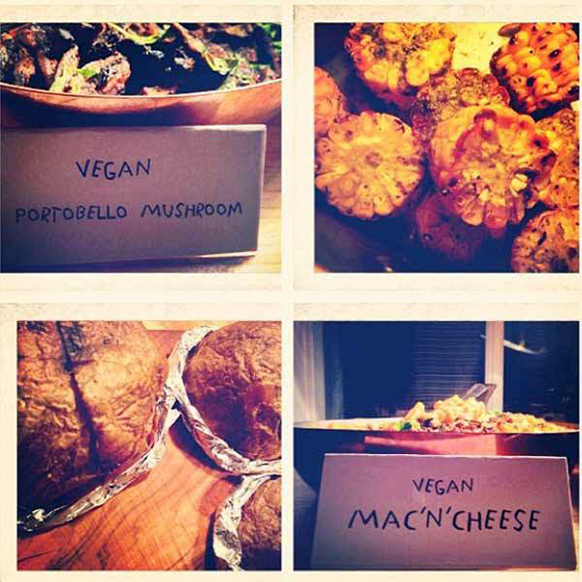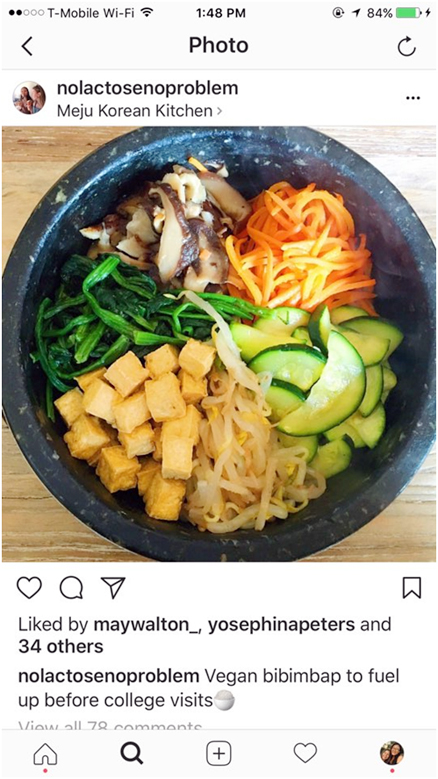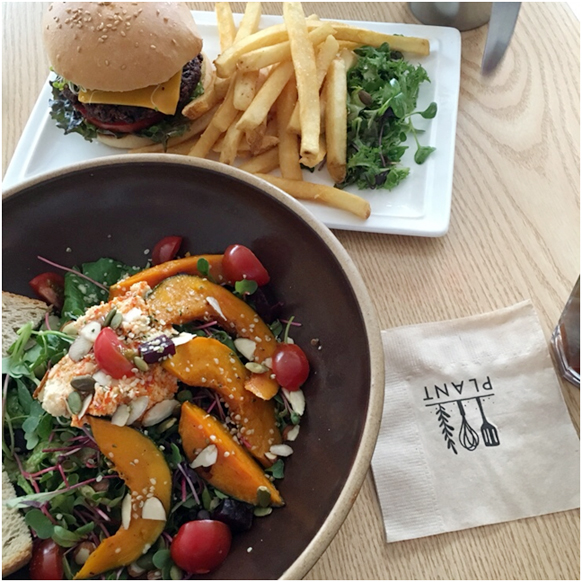
People adopt veganism because of three main reasons: health, animals, and the environment. Vegans and researchers claim that animal fat and various proteins have been proven to increase the risk of diseases like cancer, arthritis, heart disease, and diabetes. Specifically, research proves that humans were not biologically designed to process cow’s milk; the levels of fat and protein content in the milk of a cow differ from that of a human. As reported by the U.S. National Library of Medicine, around 65% of the human population experiences lactose intolerance–the inability to readily digest lactose, a sugar found in various dairy products. Studies published in the JAMA Internal Medicine Journal also suggest that vegans have lower death rates than people who consume meat.
On the other hand, many vegans experience nutritional deficiencies. Some nutrients that can be potentially missing in a vegan diet include vitamin A, B12, D, various types of protein, and zinc. Yosephina Peters, a junior at The Thacher School, comments on how she moderates what she eats to make up for the nutrients and proteins lacking in a vegan diet “Well it’s actually not hard to eat a balanced diet as a vegan. At my age and height, I only need 59 grams of protein everyday and the average American eats double that. I get my protein from nuts, seeds, legumes, and fake meats like tofu, tempeh, and soy protein. For vitamin B12, I do take supplements but it can be found in dark fruits like berries and dark leafy greens.” Pria Koll, another student, adds that “ever since [she] became a vegan, [she] learned to become more conscious about the nutritional content of [her] food.”
Veganism also benefits animals. Not only do vegans not consume and use dairy products, eggs, or meat, but many vegans also advocate animals. According to Vegan Action 3, to be a vegan is to follow “an integral component of a cruelty-free lifestyle.” During November of last year, around 2,000 protesters marched through the streets of London demanding “an end to all animal oppression.” Among these protestors, many identified themselves as being vegans.
The environment is another factor in veganism. From the Livestock’s Long Shadow: Environmental Issues and Options, a report published by the UN Food and Agriculture Organization in 2006, veganism could potentially reduce the effects of climate change, water consumption, and land degradation. Livestock, which is responsible for 18% of greenhouse gas emissions and 64% of anthropogenic ammonia emissions, significantly affects the world’s climate and is quickening global warming. As David Brubaker, PhD, from Johns Hopkins University, reports “[t]he way that we breed animals for food is a threat to the planet. It pollutes our environment while consuming vast amounts of water, grain, petroleum, pesticides and drugs. The results are disastrous.” Thus those who decide to follow a plant-based and dairy free diet are moving the world a step close to environmental sustainability.
Veganism has become an exponentially growing trend at The Thacher School as well. From the creation of a vegan club to a surge in social media accounts advocating veganism, the students’ curiosity towards environmental issues, animal rights, and diet is increasing. Yosephina further notes that “[she] love[s] to see more and more Thacher students becoming vegan or vegetarian because it is so great for the environment, the animals, and people’s bodies.”



Kelly Oh
Junior
The Thacher School

